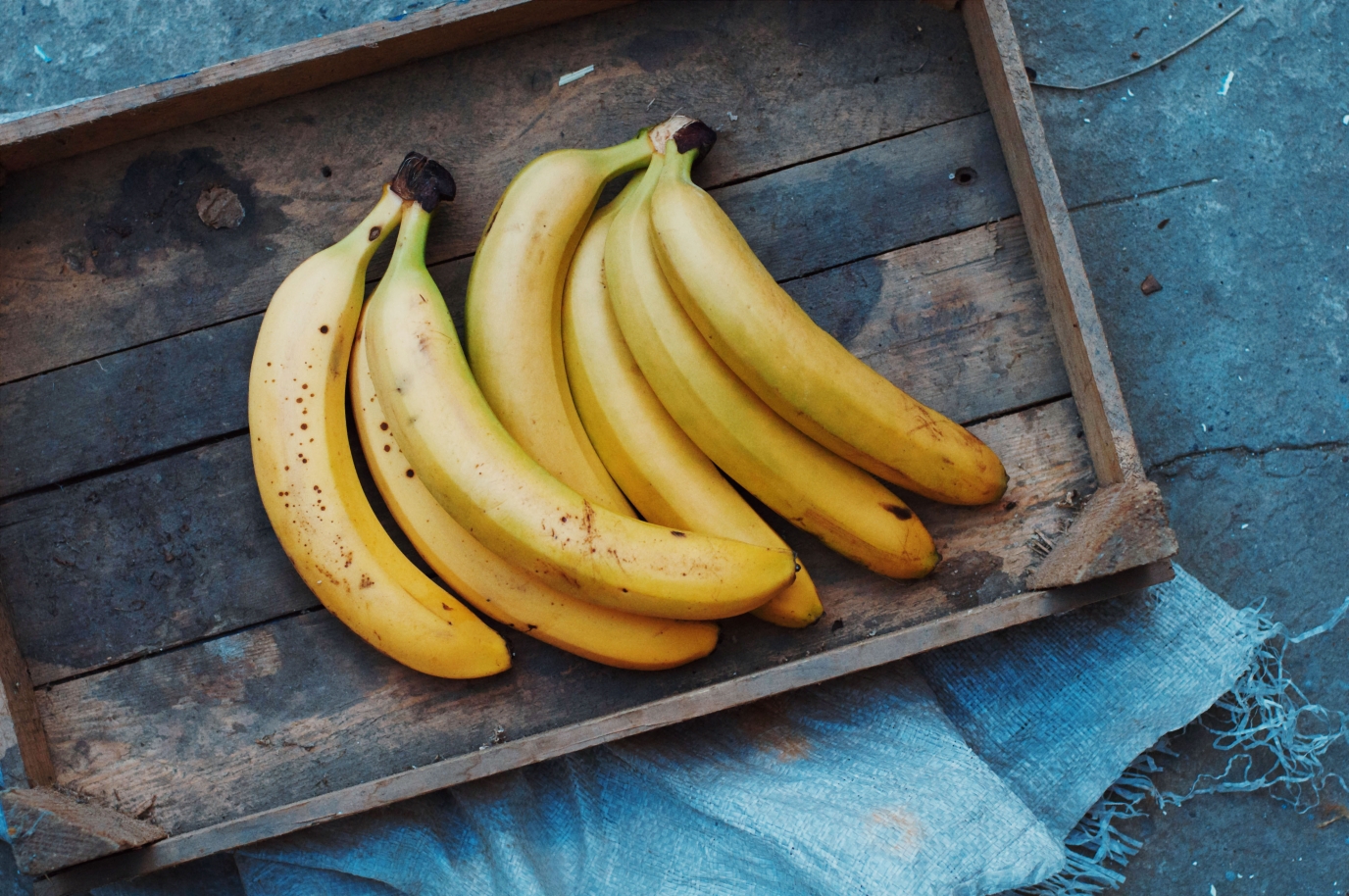30 years of banana diversity hosted in Belgium: a treasure chest to feed the world

Research conducted at the world’s largest collection of banana diversity hosted in Belgium is helping farmers and scientists all over the world to make banana farming more productive, resilient and sustainable. The collection of genetic diversity conserved in the Belgian genebank has celebrated 30 years of service with an event attended also by Deputy Prime Minister and Minister for Development Cooperation, Alexander De Croo.
Belgian and international policymakers, scientists, development workers and the private sector celebrated today 30 years of service of the world’s largest banana genebank, the Bioversity International Musa Germplasm Transit Centre, known as the ITC.
Managed by Bioversity International and hosted at the Katholieke Universiteit Leuven (KU Leuven), Belgium, the ITC conserves planting materials of most of the 1,000 known banana varieties, under a mandate of the United Nations.
Belgium Deputy Prime Minister and Minister for Development Cooperation Alexander De Croo said: “I am very impressed with the work being done at the Bioversity International & KU Leuven Banana Genebank (ITC). Keeping the banana plant healthy is of huge importance for the 400 million people that depend on the banana as a vital source of nutrients. The Belgian Development Cooperation has been supporting the genebank for decades and I look forward to continuing this successful collaboration.”
Banana is one of the world’s favourite fruits and an important source of food, nutrition and income for hundreds of millions of people. “For people in Europe and the US, a banana is a snack or dessert, whereas for millions in the developing world the banana is a dietary staple – it underpins food and nutrition security,” said in her opening remarks Ann Tutwiler, Bioversity International Director General. “Safeguarding its diversity is essential to make banana farming more nutritious, productive and resilient,” she concluded.
Bananas have a significant impact also on the economy of Belgium, which is the second largest importer and exporter of bananas in the world. More than 40 Belgian companies are involved in the import and export of bananas, providing thousands of jobs.
During the event, attendees learned how banana production is threatened by climate change, pests and diseases and many other factors. Cutting-edge research conducted at the ITC is helping to find ways to respond to these threats. For example, Bioversity International and KU Leuven scientists are looking for drought-tolerant varieties to enhance cultivation in climate change-affected areas. They are also investigating how the spread of Panama disease – a deadly fungal banana disease – can be managed though the use of resistant varieties, and how bananas naturally-rich in vitamin A can fight vitamin A deficiency, which causes half a million children to go blind every year.
Georges Gielen, KU Leuven Vice Rector for Science, Engineering and Technology: “KU Leuven is one of the leading universities in the world, known for its high-quality academic education and scientific research, as well as its servicing to society both in Belgium, Europe and the world. Hence we are proud to have a large impact in the developing countries. The university builds on a tradition of more than 40 years of banana research, which laid the foundation for a banana collection that became truly international by signing a memorandum of understanding with Bioversity International. This created a gigantic momentum with currently the distribution of new varieties to 109 countries. In addition, this platform resulted in the training of and scientific research collaboration with more than 100 researchers from 44 countries. For these reasons KU Leuven is proud to host this international banana collection.”
For more information about the ITC:


